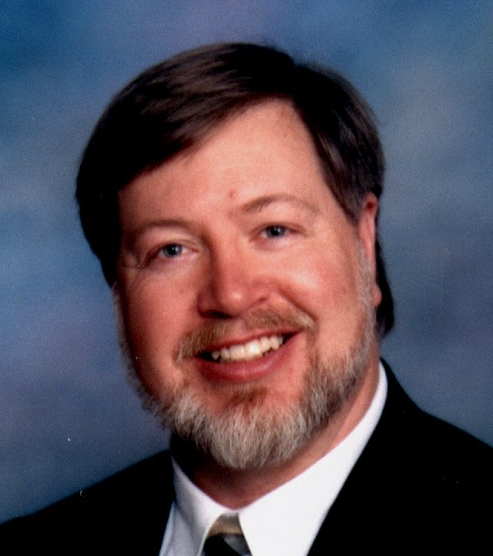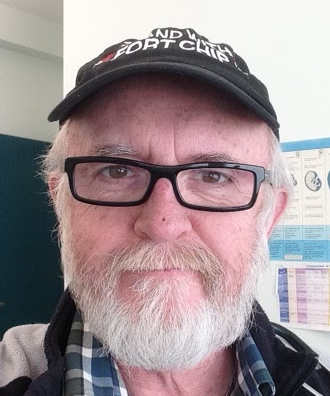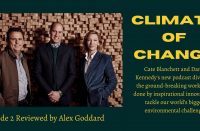Dr. John O’Connor warned of possible links between tar sands and his patients’ poor health. He was pilloried. He’d do it again.
January 3, 2006, is a day I will never forget. It was the day a CBC reporter called to ask me about health concerns in Fort Chipewyan, the largest community downstream of the tar sands. The call would change my professional and personal life.
Dr. John O’Connor warned of possible links between tar sands and his patients’ poor health. He was pilloried. He’d do it again.
January 3, 2006, is a day I will never forget. It was the day a CBC reporter called to ask me about health concerns in Fort Chipewyan, the largest community downstream of the tar sands. The call would change my professional and personal life.
Situated on the north shore of Lake Athabasca, Fort Chip is Alberta’s oldest settlement. Its 1,200 or so residents rely on a traditional lifestyle of fishing, trapping, hunting and gathering. Given that, and its isolation, I had been shocked as its primary healthcare provider to discover the many pathologies, including cancers, afflicting the residents. Hearing vivid descriptions from the Elders of changes in the environment and the water in and around the community over the previous 20 years, I became concerned that there might be a causal link with the polluting effects of tar sands mining occuring upstream.
In posing the question publicly on CBC Radio, however, I unleashed a torrent of reprisals. Health Canada and Alberta Health both laid complaints against me at the Alberta College of Physicians, accusing me of “raising undue alarm.” (The charge was disproven.) Right-wing industry apologists like Ezra Levant attacked me publicly, causing deep distress to me and my wife, Charlene. But I also got support from my peers: the Canadian and Alberta Medical Associations and individual physicians within and outside Canada. The questions I raised became the subject of several books and documentaries, including Leslie Iwerk’s Downstream, shortlisted for an Oscar nomination in 2008.
The abuse was shocking and totally unexpected. But the reactions – both good and bad – altered my life in a way I could not have imagined. Attention toward the tar sands continues. I still receive frequent requests to speak on the subject. Advocacy preoccupies my time.
I believe it was not just my right to advocate for my patients – it is my sworn duty. Until Fort Chip I never realized how much that duty entails, but the effort was worth it. My actions helped highlight the despicable attitudes of the Alberta and Canadian governments. Despite commitments to do so, neither has ever followed up with any health study of the land and people in the sacrificial zone downstream of the tar sands.
And whether it was pleasant or effective, I would not hesitate to do the same again. Fort Chip is a microcosm of a bigger battle we must all fight. When our grandchildren ask what we did for the planet, we must at least be able to say that “we tried.”
[Update May 12, 2015: John O’Connor received a notice of termination from the Nunee Health Board Society Friday afternoon. No reason has been provided. APTN reports that “O’Connor will remain the health director and family physician in Fort McKay First Nation and continue to work with the Northern Lights Regional Health Centre in Fort McMurray.”]
Dr. David Colby gave turbines a clean bill of health and became the object of an anti-wind vendetta.
Seven years ago, a Chatham-Kent municipal councillor asked me for information about health effects from wind turbines. I felt comfortable researching this because I had studied physics in university, worked for an engineering firm and have had a lifelong technical interest in high-fidelity audio. The medical literature turned up no evidence that wind turbines cause health problems. My reply triggered requests for elaboration and a report to Council, which received news coverage and became available on the Internet.
When angry letters castigating me appeared in the newspaper, I learned I had been targeted by organized activists who oppose turbines from any standpoint: economics, health, esthetics, ecological, nuisance, human rights, ethics and justice. These groups and individuals value anecdotes over science, dismiss contradictory evidence and attack the character of people expressing contrary viewpoints. I was labelled a shill for the wind turbine industry, “Colby the noise- denier,” a quack and much worse. Anti-wind websites vilified me; a phone caller threatened vandalism.
The worst came when the College of Physicians and Surgeons of Ontario notified me that it had received three identical complaints alleging my unethical conduct and conflict of interest. Although I was eventually exonerated, the college’s comment that, “… Dr. Colby’s expertise is in medical microbiology and infectious diseases, an area quite distinct from audiology or other fields related to the physical impact of wind turbines on human health,” gave anti-wind activists a field day when quoted out of context. I objected that expertise is not determined solely by medical qualifications. The college declared that my only recourse was to appeal my exoneration! Further complaints, alleging that I “needed to be silenced,” were also dismissed. Nevertheless, appeals by anti-wind activists delayed the full clearing of my name for years, at an immense personal toll.
There were positive responses as well. I was invited to join an international expert panel convened to determine if health effects were, or even could be, caused by wind turbines and to advise Ontario’s chief medical officer of health, the Ontario Ministry of the Environment and the province of Nova Scotia. Invitations arrived to chair scientific sessions at international conferences on wind turbines and health.
George Orwell said, “If liberty means anything at all, it means the right to tell people what they do not want to hear.” With the authority society grants to medical doctors comes the duty to convey the truth and sometimes the necessity to shoulder large burdens. Academic freedom is ours to use.

Dr. David Colby is medical officer of health for Chatham-Kent, Ontario, and professor of Physiology & Pharmacology and Microbiology & Immunology at Western University. He is recognized internationally as a medico-legal expert in wind turbine sounds and health.

Dr. John O’Connor is a family physician practising with his wife Charlene (a registered nurse). They work downstream from the tar sands of Alberta, in communities exposed to the toxic environmental impact created by the industrialization of vast areas of wetland and boreal forest.













